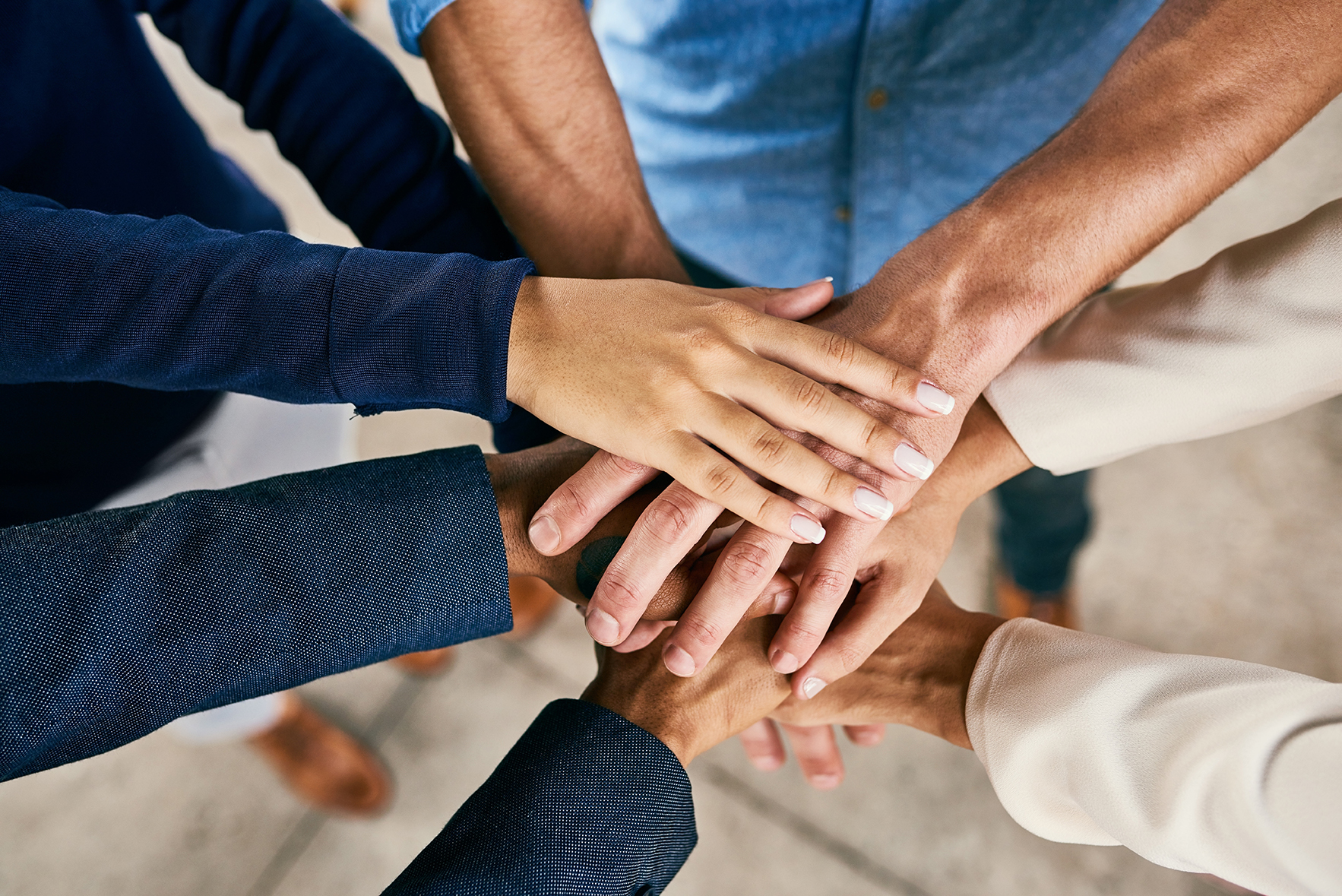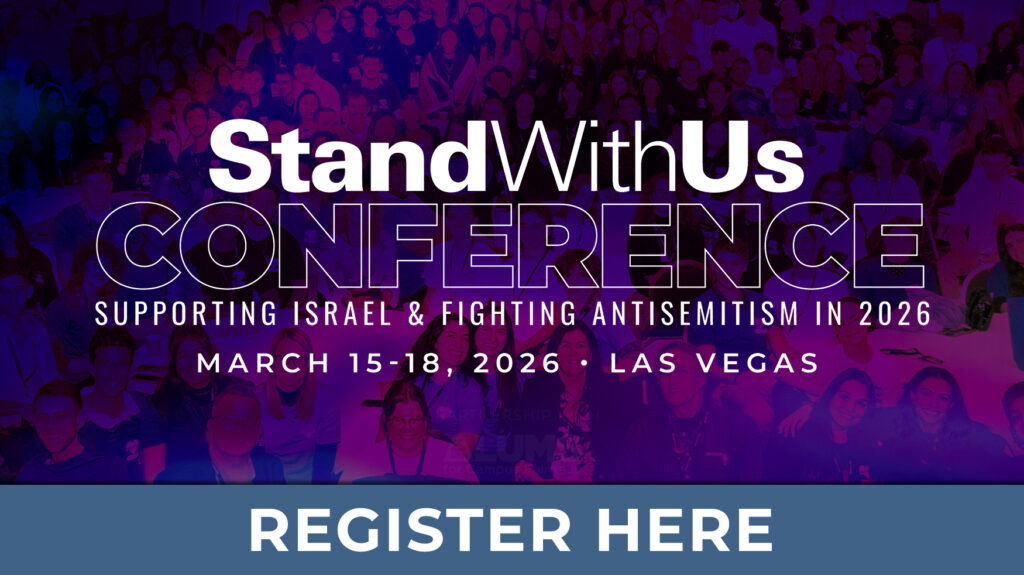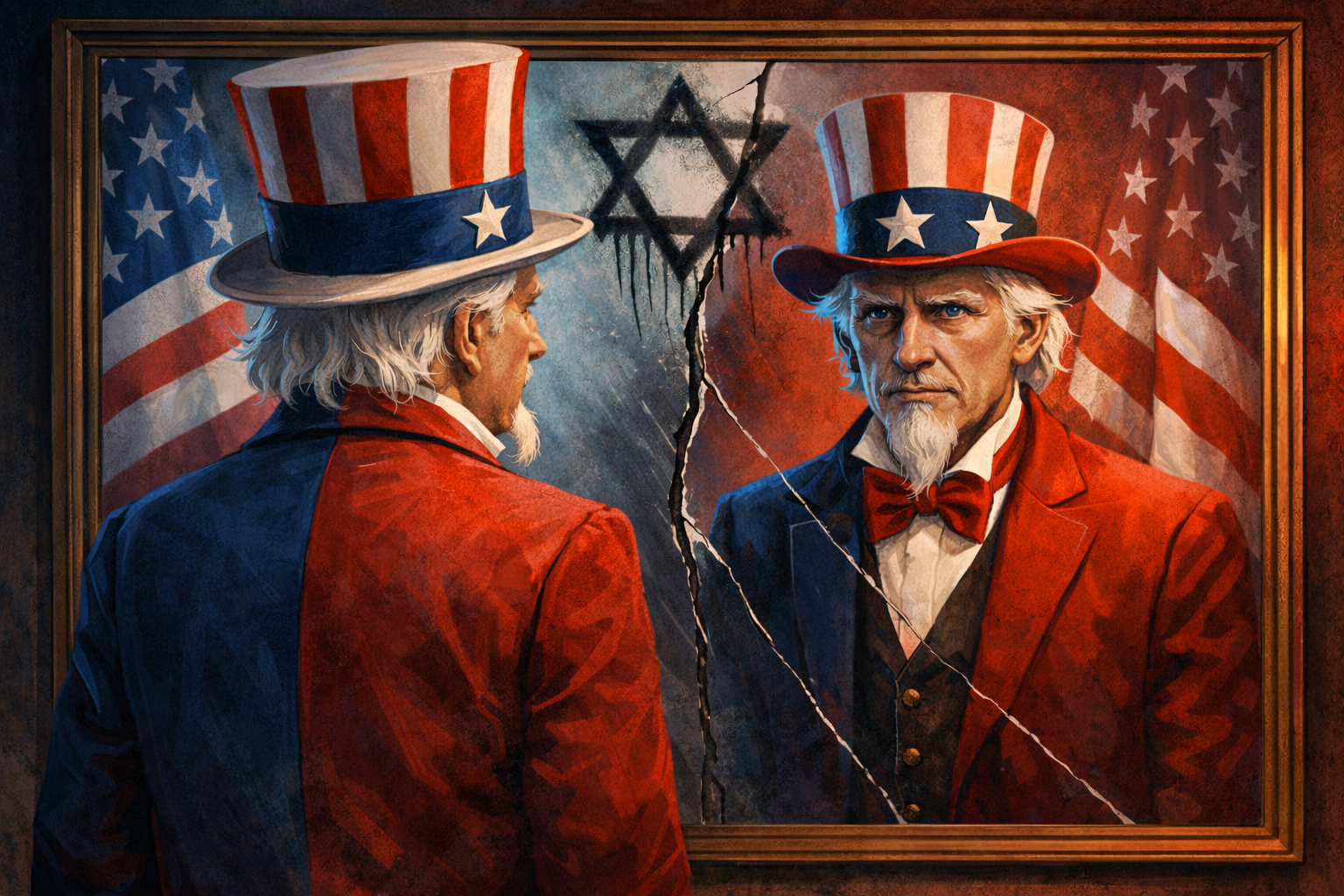We don’t need to erase our differences to stand together. But we do need to make space for one another — with intention, respect, and courage.
Alexandra Fishman Ph.D. | The Jewish Journal | April 16, 2025

As an Orthodox Jew with a broad group of friends, I often find myself navigating a frustrating dilemma. I have two options: I can attend an event designed for the Orthodox community, where I can comfortably observe kosher, Shabbat, and other aspects of religious life; or I can participate in a pluralistic space, where I meet people from all walks of Jewish life — but where my Orthodox identity sometimes feels like an obstacle.
In pluralistic settings, I find myself negotiating my surroundings, navigating confusing kosher/nonkosher buffets, and wondering if the marshmallows on the “kosher” table have wandered over from the nonkosher side — and actually contain gelatin (yes, that usually means pork), or hurrying away from live music and bonfires, in order to preserve the spirit of Shabbat. Writing, electricity, even motion-activated bathroom fixtures can all be challenges at these events.
At times, exclusion has been more direct. In one progressive Jewish space that prided itself on being “inclusive,” I was told, point blank, that Orthodox Jews were not welcome. I replied, “I can’t force you to welcome certain communities, but I do want to ask: would you say the same thing to someone from the LGBTQ community?”
This kind of exclusion has weighed on me for years. I’ve met people who had never interacted with an Orthodox Jew before and were eager to learn about our community, lifestyle, and interpretation of Jewish law. In turn, I’ve deeply appreciated the opportunity to learn about Reform, Conservative, Reconstructionist, Renewal, and other Jewish movements. If there’s so much to learn from one another, why do we distance ourselves from each other?
In a world where we already face so many threats from the outside, why are we so siloed from each other on the inside? I am reminded of this chilling quote from a survivor of the Nova music festival massacre, who said that one of her Hamas captors told her: “Right now, your people are unified, so we can’t touch you. But soon that will change — and we’ll be able to attack you again.” Even our enemies understand the power of Jewish unity. We face enough threats to Jewish identity from the outside. We shouldn’t fight inclusion from within.
Those concerns were on my mind at last month’s StandWithUs International Conference. Would this be another pluralistic gathering that left Orthodox Jews on the sidelines?
The conference, which took place from Feb. 27 to March 2, included Shabbat — a notoriously complex time in Jewish communal gatherings. From the outset, I was struck by how it was handled. At a Thursday night session for rabbis and community leaders, I sat in a room that included an ultra-Orthodox rabbinic couple from New York and a gay family from San Francisco. As introductions were made, I realized creating inclusive Jewish spaces isn’t magic. It just takes planning and care. Many “Shabbat friendly” events that didn’t live up to the label. This one did.
Throughout Shabbat, the environment supported observance without drawing attention to it. The food was Glatt kosher, spaces were Shabbat-observant, and Orthodox attendees were housed on accessible floors. Non-Jewish staff were available to help with halachic needs, and prayer options included Orthodox, egalitarian, and musical services. I attended the Orthodox minyan, which was packed — and even included some of Christian students, who seemed fully immersed in the moment. It was powerful to see such diverse communities come together in shared sacred space.
On Shabbat day, I joined sessions on self-care, Israel education, and difficult campus conversations. I found the experience both refreshing and healing. Shabbat ended with a musical Havdalah, arms linked and voices raised as Jewish melodies poured into the night — a reminder of what intentional inclusivity can make possible.
The experience stood out not because everyone was the same, but because no one was asked to compromise who they were. I’ve often felt forced to choose between belonging and observance, the conference reminded me I don’t have to.
I hope more Jewish organizations rise to that challenge. Creating inclusive spaces — across political, religious, and cultural lines — isn’t always easy. But at a time when the Jewish people face so many threats, from rising global antisemitism to campus hostility, our survival depends on our unity. How can we expect other communities to include us if we don’t include each other?
We don’t need to erase our differences to stand together. But we do need to make space for one another — with intention, respect, and courage. When we do, we begin to unlock the deeper power of our people: the beauty of our diversity, the wisdom in our disagreements, and the truth that — as our sages teach — each and every Jew is an entire world.
We are strongest when every Jew has a seat at the table — without exception.
That’s the future I’m fighting for. And it’s one we can build — if we feel inspired to do so.
Read the full article here .





